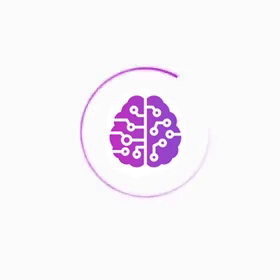
A High-Stakes Debate About the Future of Work
Tensions Erupt on the VivaTech Stage
At the 2025 VivaTech conference in Paris, two titans of AI — Nvidia CEO Jensen Huang and Anthropic CEO Dario Amodei — engaged in a sharp debate about the impact of artificial intelligence on global employment. The discussion, which drew intense media attention, revealed a deep divide in how industry leaders see the future of work in an AI-driven world.
Huang: AI as a Job Creator
Jensen Huang argued that AI, much like past technological revolutions, will ultimately create more jobs than it destroys. He emphasized the potential of AI to enhance productivity and enable new categories of work, particularly in healthcare, engineering, and creative sectors. According to Huang, “AI will eliminate mundane tasks but free up human capital for higher-value innovation.”
Amodei: Entry-Level Jobs at Risk
Dario Amodei took a more cautionary tone, warning that entry-level and repetitive jobs are already being displaced. He expressed concern that without careful planning, a large segment of the population could be excluded from the job market. “We are not moving fast enough to build pathways for displaced workers,” he said, pointing to a need for stronger policy frameworks and workforce retraining.
Different Philosophies, Common Challenge
The clash underscored fundamental differences in philosophy: Huang’s optimism in AI as a net-positive force versus Amodei’s realism about its disruptive consequences. Yet both agreed on the importance of education, upskilling, and preparing society for massive transitions.
Audience Reaction and Industry Implications
The audience — a mix of developers, investors, and policymakers — was visibly divided. Many appreciated Huang’s forward-looking vision, while others resonated with Amodei’s grounded concerns. The debate highlighted how unresolved the question remains: will AI liberate or displace the global workforce?
